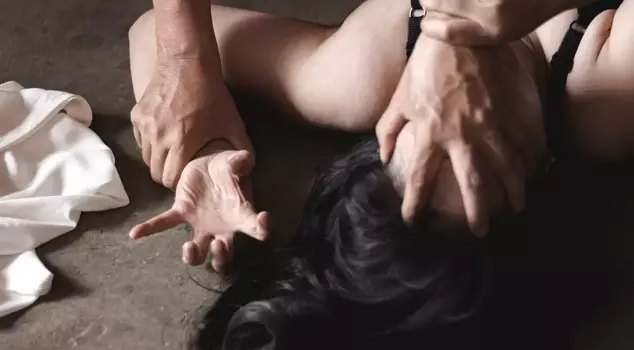
10.09.2025 17:51
Choi Mal-ja, who was convicted for biting her tongue while defending herself against a sexual assailant at the age of 18 in South Korea, has been acquitted after a 61-year legal battle. The decision is seen as a precedent for women's right to self-defense.
```html
Choi Mal-ja, who was convicted for biting the tongue of a man who sexually assaulted her at the age of 18 in South Korea, was acquitted in a retrial 61 years later.
FROM VICTIM TO DEFENDANT
In the incident that occurred in Gimhae in 1963, the attacker had pinned Choi to the ground, and the young woman was only able to escape by biting the attacker's tongue by 1.5 centimeters. The court evaluated Choi's action as "exceeding the limits of self-defense" and sentenced her to 10 months of suspended imprisonment. The attacker, however, only received a six-month suspended sentence for "violating residential immunity and threats," and no charges were brought against him for attempted rape.
JUSTICE AFTER 61 YEARS
Now 78 years old, Choi fought for years to clear her name. Inspired by the #MeToo movement in 2018, she reached out to women's rights organizations, gathered evidence, and applied for a retrial. Although her initial applications were rejected, the Supreme Court approved the reopening of the case in December 2024. During the trial that began in July, prosecutors apologized and requested the annulment of the conviction. With the ruling announced on Wednesday, Choi was acquitted.
"I COULDN'T LET THIS CASE GO"
Speaking after the verdict, Choi said, "I couldn't just let this case go. I wanted to stand up for other victims who share the same fate as me." She described her struggle with the words, "Those around me said it would be like throwing an egg at a rock, but I didn't give up."
BECAME A HOPE FOR WOMEN'S RIGHTS
The decision is considered a landmark in sexual violence cases in South Korea. Song Ran-hee, the head of the Korea Women's Hotline, stated, "From now on, women's actions in self-defense will be recognized as legitimate. This decision shows victims that their voices matter."
The case had become one of the most controversial examples of past decisions that did not recognize self-defense in South Korea's legal books.
```